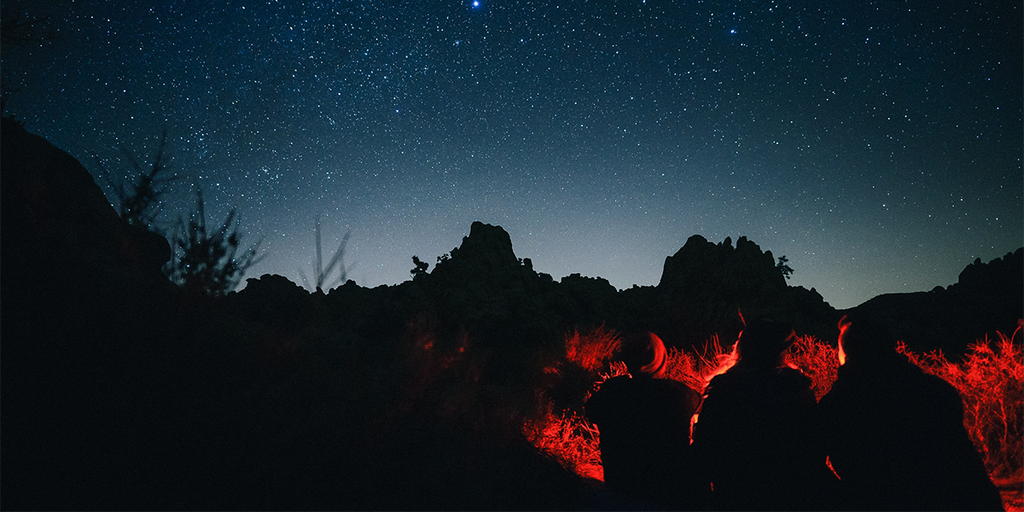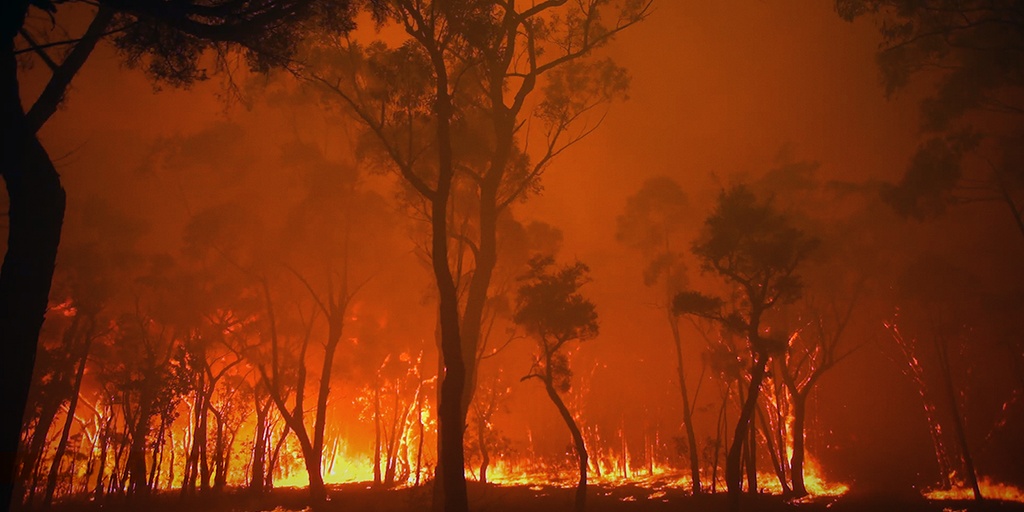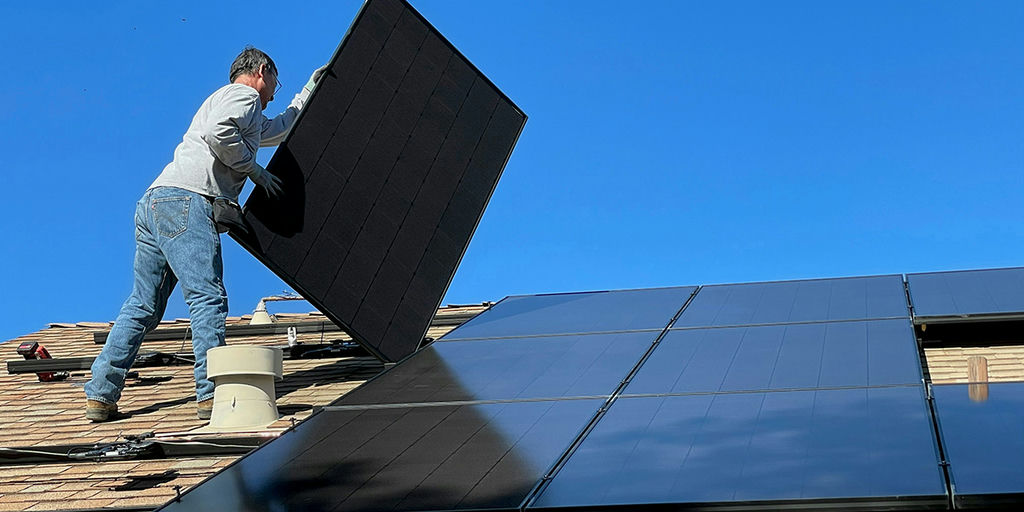Protect the night

Photo by Johnson Wang on Unsplash
People light up the night almost without thinking, as we have for millennia. At the minimal level, we do this instinctively for our survival and protection. But the practice has grown to destructive extremes in modern societies. With a lack of understanding and appreciation for the night sky, most have failed to consider the costs and consequences of turning darkness into light. Instead, particularly in urban areas, we have come to expect and admire bright lights at night.
What goes unseen is the extent that nighttime lighting wastes vast amounts of money and energy (typically in the form of electricity generated from burning fossil fuels), damages ecosystems, and detrimentally affects our own health. There are estimates that lighting accounts for 15 percent of global electricity consumption and 5 percent of greenhouse gas emissions. It is a huge waste that comes with significant pollution and economic costs.
The good news is that awareness about light pollution is growing, along with effective solutions and success stories. Even better, because our connections to the night sky are deep and diverse, so too are the areas of opportunity, covering a wide range of topics at multiple levels to accommodate almost any interest and level of effort or ability. From simply sharing useful information on social media or changing a lightbulb, to participating in a photography contest, astronomy club, or similar community events, citizen science data collection, educational activities for any age group, or advocacy for long-term improvements to lighting infrastructure, chances are that you can readily make a valuable contribution.
You can join an existing effort in your area, dive deep to launch a new endeavor, or anything in between! Audubon’s Lights Out program, which focuses on protecting migratory birds as they travel between summer and winter habitats, can elevate interest and serve as a jump start to broader efforts. Contributors to The World At Night advance an international effort to present stunning nightscape images that bridge art, science, and culture. Events such as IDA Tokyo’s recent Light Pollution Symposium 2022 are held regularly around the globe. Canada’s first Urban Night Sky Place, parc du Mont-Bellevue, was recently certified, culminating several years of effort by multiple partners to combat light pollution. In addition to recognizing dark sky places, the International Dark Sky Association engages and recognizes individual advocates and offers a plethora of free material to get you started. There are many resources available to inspire and enable, regardless of your interest and abilities or where you live.
Consider the following ways to do your part.
Save energy and money:
• Turn off lights when not in use or use automatic sensors.
• Use efficient LED bulbs and lighting fixtures with shields that only brighten areas where needed.
Contribute your time to building awareness and community support:
• A great place to get started is to join up with Globe at Night. You can help measure night-sky brightness and contribute your data to build knowledge and inform action.
• Contribute to an existing event or coordinate a new stargazing, lights-out, or similar activity to inform and engage.
• If you are an educator, incorporate light pollution into your programming or curriculum(s).
Advocate for broader change in your community and beyond:
• Research and then urge your community to adopt or improve a lighting ordinance, especially for street lighting.
• Reach out to local elected official(s) or building manager(s) to build awareness and stimulate change. Audubon's Lights Out program provides sample letters and other resources.
• Urge your employer or school to take a Lights Out Pledge or otherwise commit to evaluating and improving outdoor lighting.
Above all, if you don’t already, learn to enjoy the darkness of night and make a habit of it. While humans cannot see well in the dark, many creatures depend on it. If you can escape to a quiet natural area after dark, consider yourself lucky and take advantage of it! Soak in the sounds and sky and observe the nightlife.
For tips, references, and additional resources on how to be involved, see Earth Hero’s Protect the Night Action.

